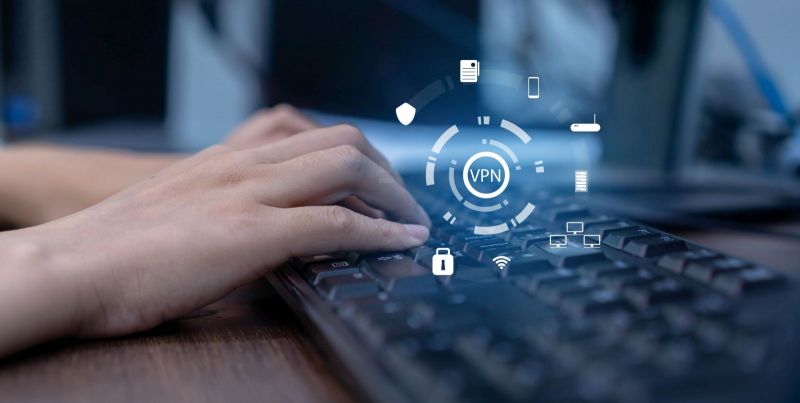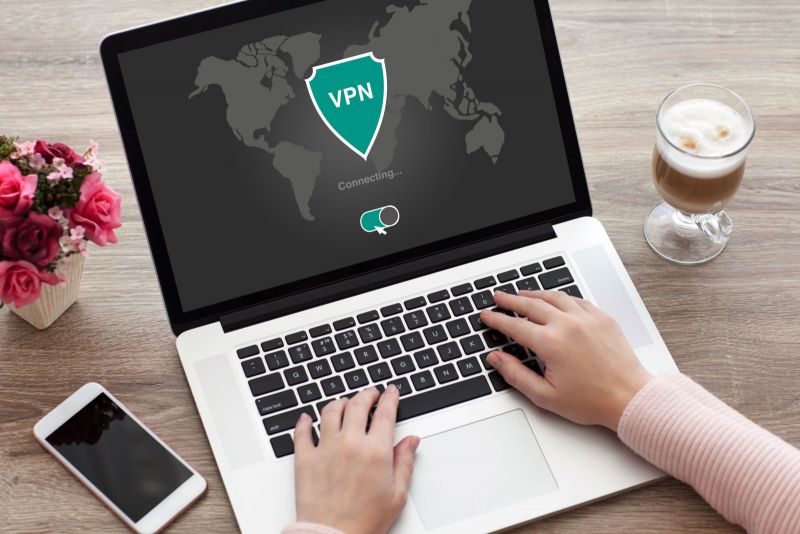How does VPN work?
When Was the Last Time You Used Public Wi-Fi? Maybe it was at your favorite café, a hotel lobby, or while waiting for a flight. It’s convenient, sure — but did you know that when you connect to public Wi-Fi, you become an easy target for hackers? Unless, of course, you’re using a VPN.

What Is a VPN and Why Should You Care?
VPN stands for Virtual Private Network — and if you’re serious about online privacy, it’s something you should be using all the time.
A VPN creates a secure, encrypted tunnel between your device and the internet. It hides your location, protects your data from your Internet Service Provider (ISP), and keeps prying eyes away.
A lot of people are confused about what a VPN can actually do. It’s not a magic shield that makes you completely invisible online, but it does add a powerful layer of protection that most people simply don’t have.
Meet R-VPN: Your Everyday Online Security Partner
We live in a world where cyber threats are everywhere — from data leaks to surveillance. If you want to keep your personal information safe, R-VPN is a smart and simple solution.
With R-VPN, you can:
- Access blocked websites and content without restrictions.
- Protect yourself from hackers and online surveillance.
- Shop and make payments safely from anywhere in the world.
- Plans start at just $4 a month, and you can even try it for free. Long-term plans come with generous discounts, too.
Works Everywhere, on Everything
R-VPN supports all major systems — Windows, macOS, iOS, Android, and Linux — plus routers, smartphones, and tablets.
You’ll enjoy a fast, reliable connection with no bandwidth limits, powered by advanced encryption protocols like WireGuard, L2TP, Shadowsocks, IKEv2, and OpenVPN.
And if you ever need help, our support team is available 24/7.
You can also join our community on Telegram:
Info channel: https://t.me/rvpn_info
Chat: https://t.me/rvpn_chat
There, you can ask questions, take part in contests, and even win prizes.

How Does a VPN Actually Work?
Let’s simplify it. Normally, when you visit a website, your computer sends a direct request to that site’s server. The server then sends the data back to you — using your IP address as a “return address.”
That means anyone in between (your ISP, hackers, or even governments) can see which websites you’re visiting.
When you use a VPN, things change:
- You enter a website address.
- Your VPN instantly encrypts your data — turning it into unreadable code.
- That encrypted request goes to your VPN server.
- The server fetches the website for you and sends it back, still encrypted.
- To anyone watching, it looks like the VPN server — not you — is visiting the site. Your identity stays hidden.
Is Using a VPN Legal?
Yes, in most countries — including the US and other Western nations — VPNs are completely legal.
However, because they can also be used for illegal activities (like downloading copyrighted material), they sometimes get an unfair reputation.
Important note for users in Russia: While using VPN technology itself isn’t illegal, accessing banned websites through it can lead to trouble. Always use VPNs responsibly and stay informed about local laws.
Why You Should Start Using a VPN Today
Sure, browsing through a VPN can sometimes be a bit slower. But the trade-off is worth it.
Journalists rely on them to protect sensitive investigations. Businesspeople use them to secure confidential data. And everyday users — people just like you — use VPNs because they value privacy and don’t want their online habits tracked, sold, or monitored.
Online privacy isn’t just for tech experts or hackers — it’s for everyone.
So take control of your digital life. Protect your data, browse freely, and enjoy peace of mind with R-VPN.
Start today — and make the internet yours again.